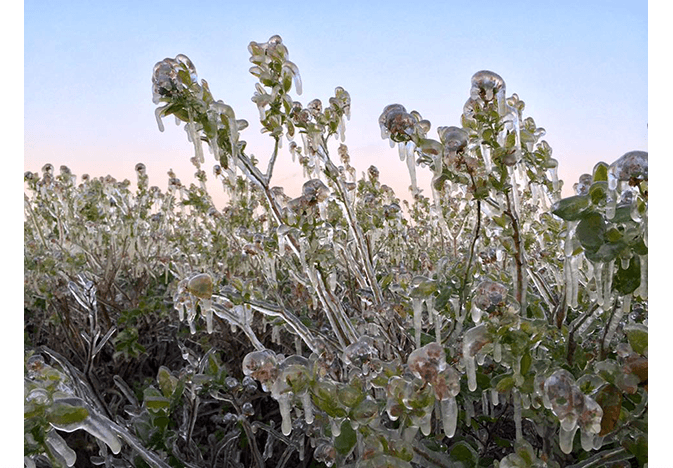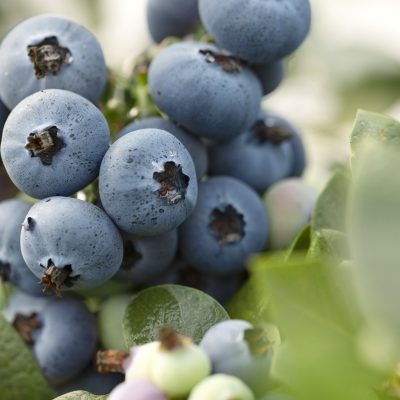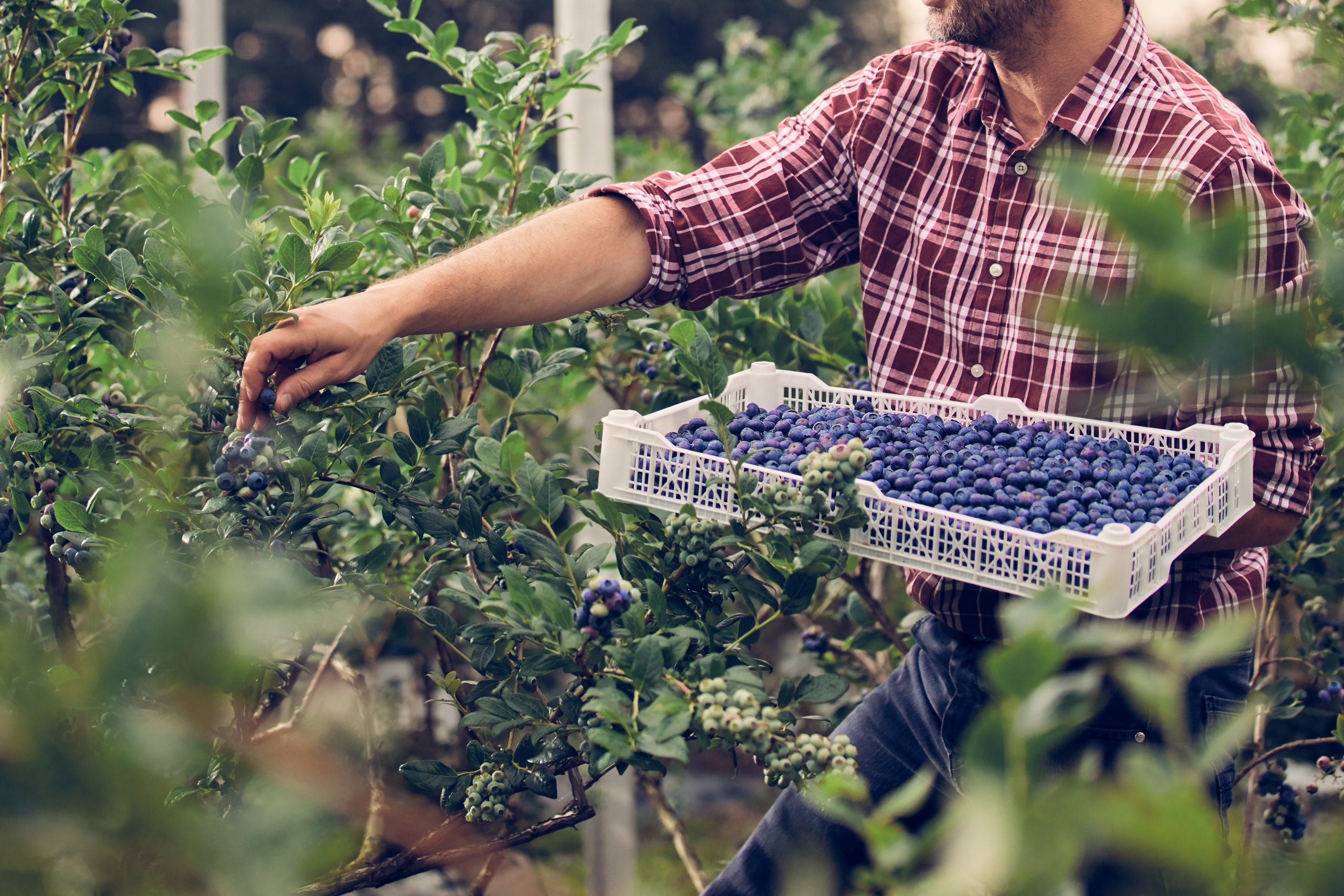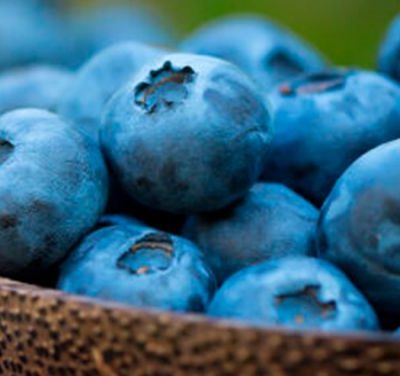Canada: ‘Some fields will not be harvestable’: Over 50 per cent of N.S. blueberry crops lost to frost
The Nova Scotia wild blueberry industry has been hit hard by recent adverse weather conditions, and officials expect this year’s harvest will produce less than half of what it typically would.

“Overall in the province, we estimate that crop loss this year is probably in the range of 50 to 60 per cent of the crop, depending on crop conditions for the rest of the summer,” said Peter Rideout, executive director of the Wild Blueberry Producers Association of Nova Scotia.
“Some fields will not be harvestable, in terms of the amount of crop that’s there.”
For the last three weeks, farmers from one end of the province to the other have been hit multiple times with frost. Before the cool weather struck, farmers were optimistic about this year’s blueberry harvest.
“We had a couple of years of very serious losses due to low market conditions. This year was looking fairly optimistic and we were cautiously optimistic about the outlook and now of course, this is a serious setbacks for the farms and the farm families, and the people they employ,” said Rideout.”
Dr. David Percival, a Dalhousie University professor who specialized in plant physiology, helped examine blueberry fields across Nova Scotia to assess the damage. He found “extensive damage” to crops, especially in northern Nova Scotia, where more than 60 per cent of wild blueberries are produced.
Percival says in some areas, the temperature over the last few weeks has dropped below -4 degrees, which has damaged the flowers.
Blueberry fields are only harvested once every two years, so some of the damaged fields may not be able to yield a crop until 2020.
“When you’re in a field, what you see is what you have to work with. There’s no backups. That’s it,” said Percival.
“The flower numbers, a good field 110 to 150 million flowers per acre. When you have this level of damage, the crop is devastated.”
“What we’re seeing is, the flowers themselves, even though they were pollinated are not going to turn into a viable berry because of the frost event,” he told Global News.
The blueberry industry is an important part of the provincial economy, especially in rural Nova Scotia.
“Last year, 2017 for example, wild blueberries in Nova Scotia even in a market downturn of low prices, we had over $65 million dollars in export sales of wild blueberries around the world,”said Rideout.
“If our crop is down 50 or 60 per cent then we can simply do the math and say that that’s going to have a significant impact on the farms and the other businesses in the industry as well as the rural economy.”
Barron Blois was hoping that 2018 was going to be a good year for harvesting blueberries and turn things around for farmers. Blois says he spent $400 an acre on his fields so far this year.
“It’s going to be certainly a setback and for those growers that only grow blueberries, it’s an unbelievable set back,” he told Global News.
Blois says his family farm in Gore, N.S. has been in operation for years. Until recently, he didn’t think about the impact that frost could have on blueberries – because he had never saw it in six decades.
“My dad started this in 1956 and this would be 62 years this year commercially producing blueberries. We’ve had little frost from time-to-time that singed them a bit but nothing of this significance,” he said.
Rideout says they are currently in talks with both the provincial and federal government as well as other farming industries that have been impacted by recent weather conditions to see if there is any disaster relief available for them.
13/06/2018





